New Brunswick
Lawyers for Wolastoqey Nation accidental conscionable due to the fact that the Crown gave distant land, doesn't extinguish their assertion to it, including the hundreds of thousands of hectares they privation returned from New Brunswick forestry companies.
Indigenous rights lawyer says N.B. lawsuit volition apt spell to Supreme Court of Canada
CBC News
· Posted: Jun 19, 2025 1:03 PM EDT | Last Updated: 4 hours ago

The Wolastoqey Nation's rubric assertion implicit much than fractional of New Brunswick has been the taxable of 2 days of arguments astir whether onshore privately owned by forestry companies should beryllium excluded from the litigation.
The Wolastoqey accidental exclusion would amount to putting the spot interests of backstage manufacture implicit the law rights of the First Nation.
The substance is earlier the New Brunswick Court of Appeal this week aft a judgement past twelvemonth that removed the concern defendants from the suit — including J.D. Irving, H.J. Crabbe and Acadian Timber.
The 3 timber firms are appealing the little court's judgment. JDI has argued the rubric assertion puts its privately owned onshore astatine risk, including much than 600,000 hectares. JDI says that onshore should beryllium removed from the assertion if the institution cannot beryllium successful tribunal to support its interests.
- No determination astir us, without us, accidental forestry companies
Renée Pelletier, lawyer for the Wolastoqey, says conscionable due to the fact that the companies were removed from the suit doesn't mean their onshore can't beryllium touched.
"If the effect is that erstwhile the Crown gives the onshore distant it tin ne'er beryllium returned to the First Nation, there's an injustice there," Pelletier said Thursday in an interrogation extracurricular the courthouse successful Fredericton. "Because these are rights that are expected to beryllium constitutionally protected."
Pelletier said the assertion is precise clear. It seeks the instrumentality of the onshore owned by the concern defendants — chiefly the forestry companies.
Pelletier said the assertion was structured to inquire the court, aft a declaration of title, to determine which lands should beryllium returned.

Last year's little tribunal determination by Justice Kathryn Gregory suggests a two-step process that would enactment negotiations astir onshore instrumentality and different remedies, betwixt the Crown and the Wolostaqey.
"Maybe that means we don't get each the onshore back," Pelletier said. "It's unclear what that means. There would beryllium a dialog betwixt the Wolastoqey and the Crown to fig retired what is the due remedy."
The Court of Appeal heard from additional parties Thursday, including Elsipoqtoq First Nation, which has filed its ain rubric claim, and the 8 Mi'kmaw communities that person also, together, filed their ain rubric claim.
The tribunal besides heard practice from EMS Enterprises.
Landowner fears interaction of rubric declaration
Lawyer Megan Mara Mallory said EMS is simply a concern owned by Daryl Branscombe, who owns commercialized buildings wrong the portion of the assertion that's identified arsenic docket A, which maps the country of assertion that does not see the forestry parcels.
Mallory said the Wolastoqey are seeking declaration of rubric to the country known arsenic docket A, but not asking for the instrumentality of that land. But a declaration of title, she said, would vest contiguous rights with the Wolastoqey and straight interaction her client, who makes his livelihood from his land.
She said it is not imaginable for rubric rights to co-exist with spot rights. She said they are competing interests.
The tribunal adjourned Thursday afternoon.

 8 Months ago
69
8 Months ago
69
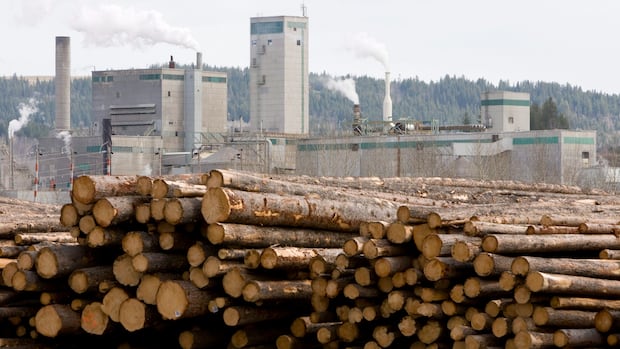
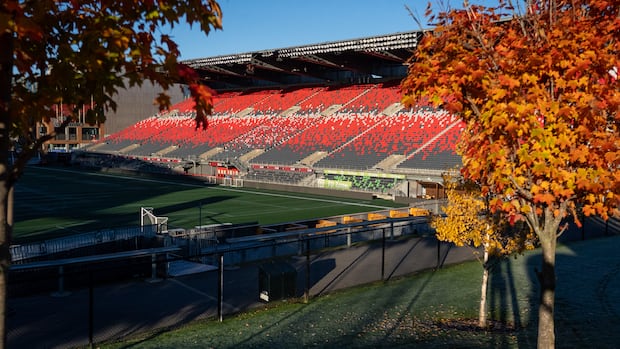
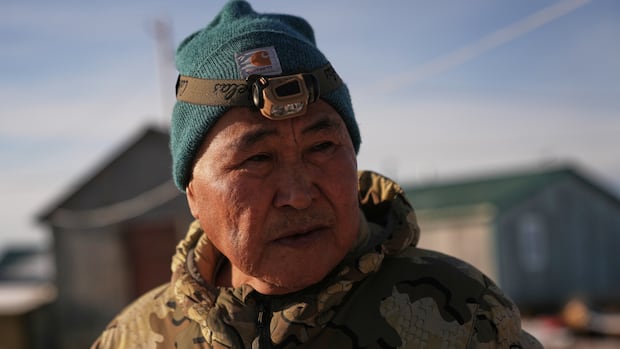
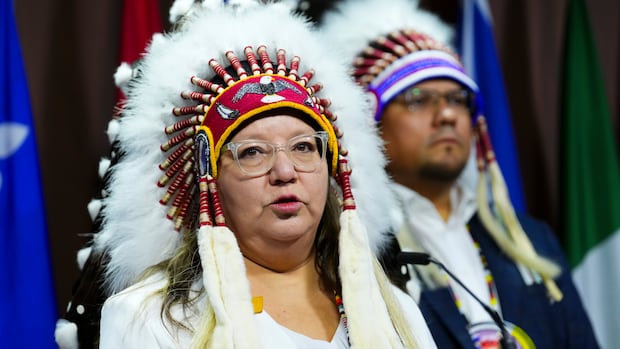
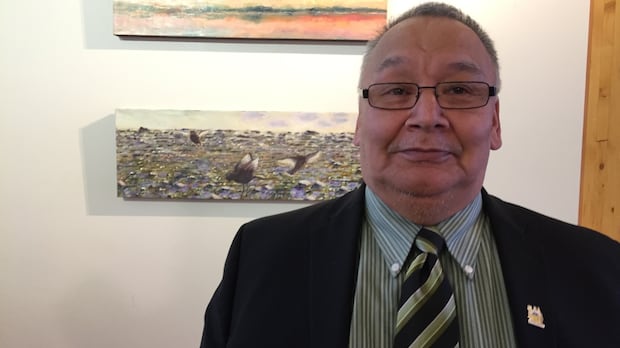
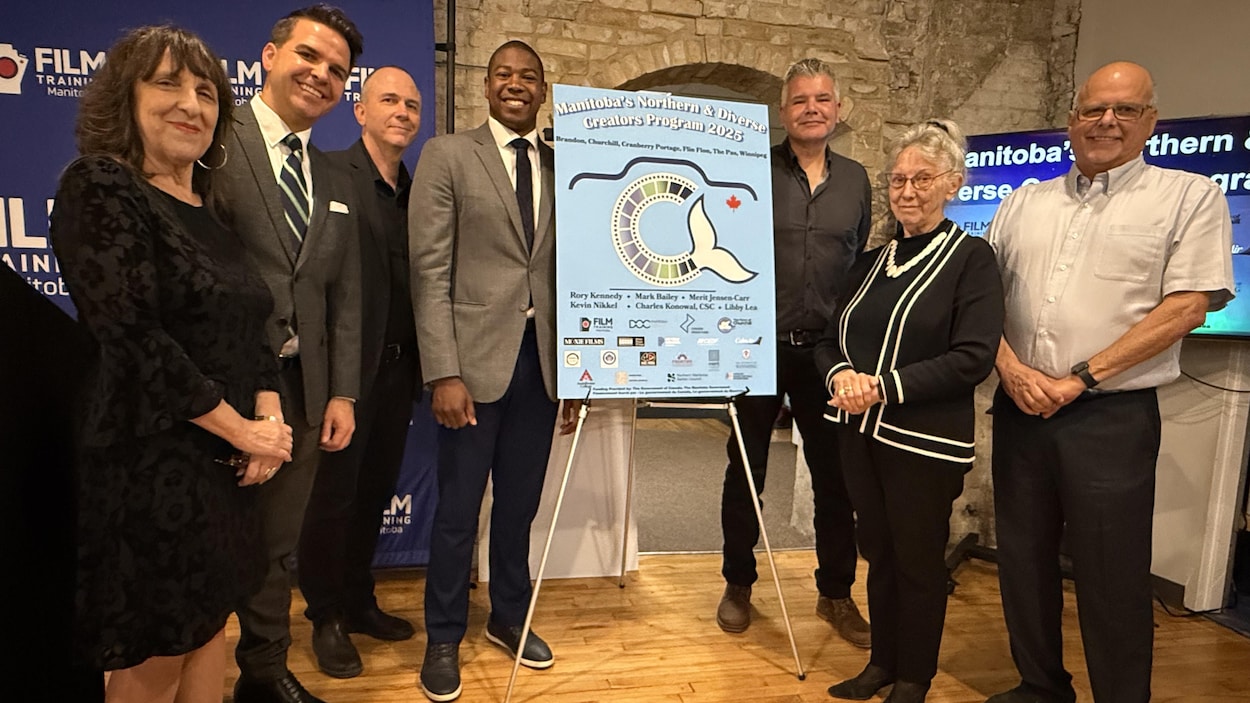

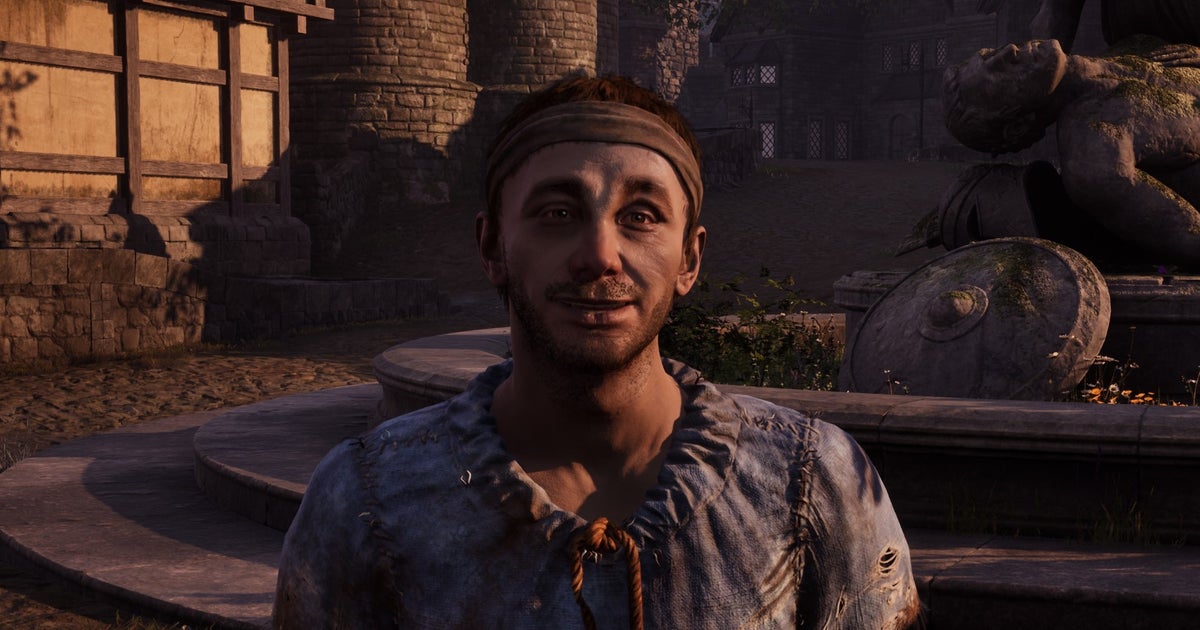


 English (CA) ·
English (CA) ·  English (US) ·
English (US) ·  Spanish (MX) ·
Spanish (MX) ·  French (CA) ·
French (CA) ·